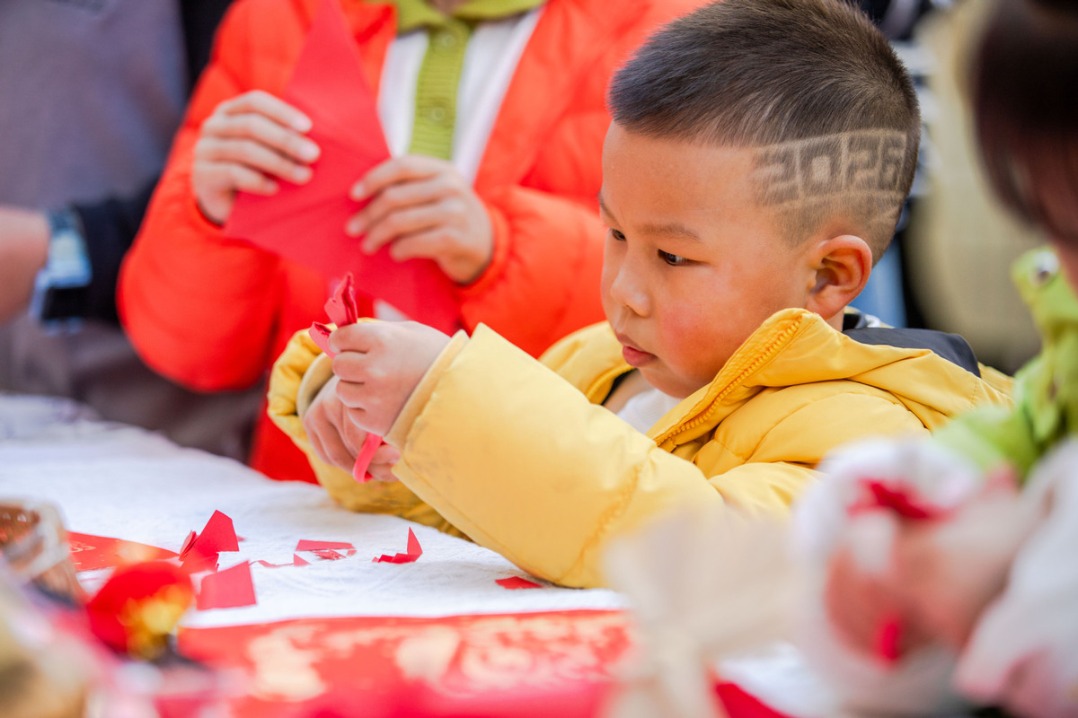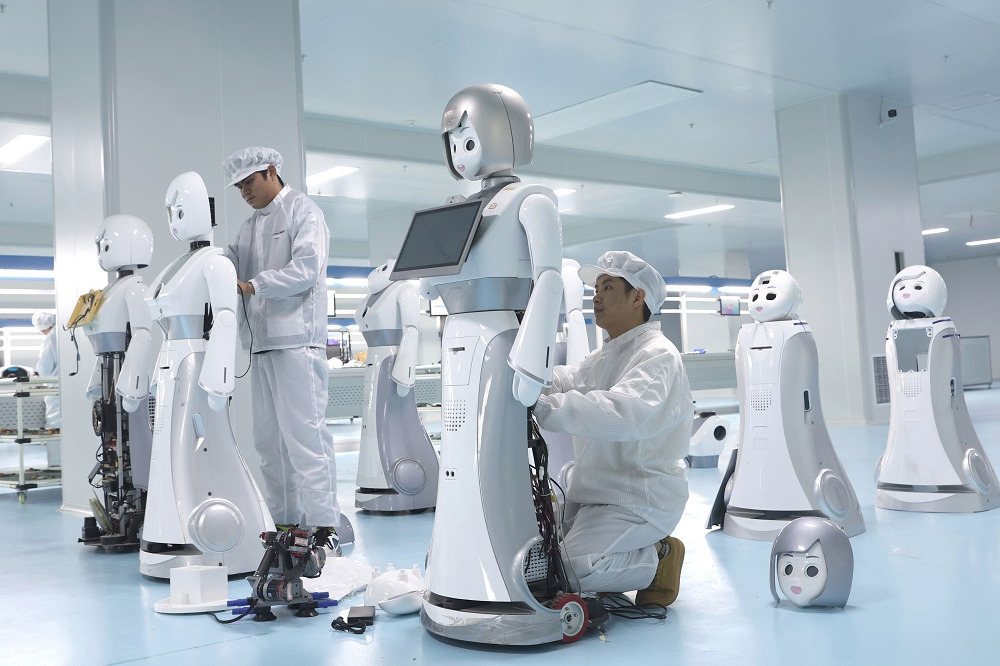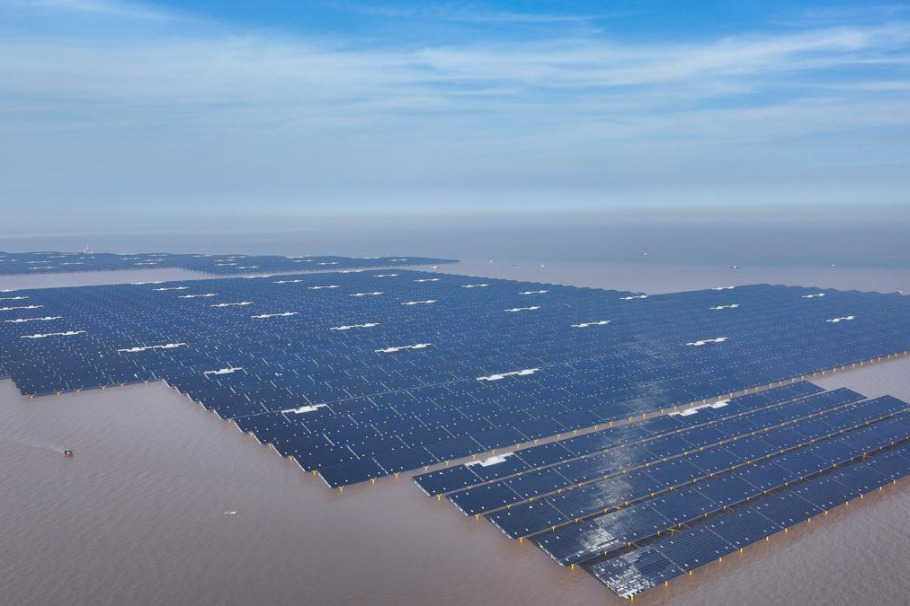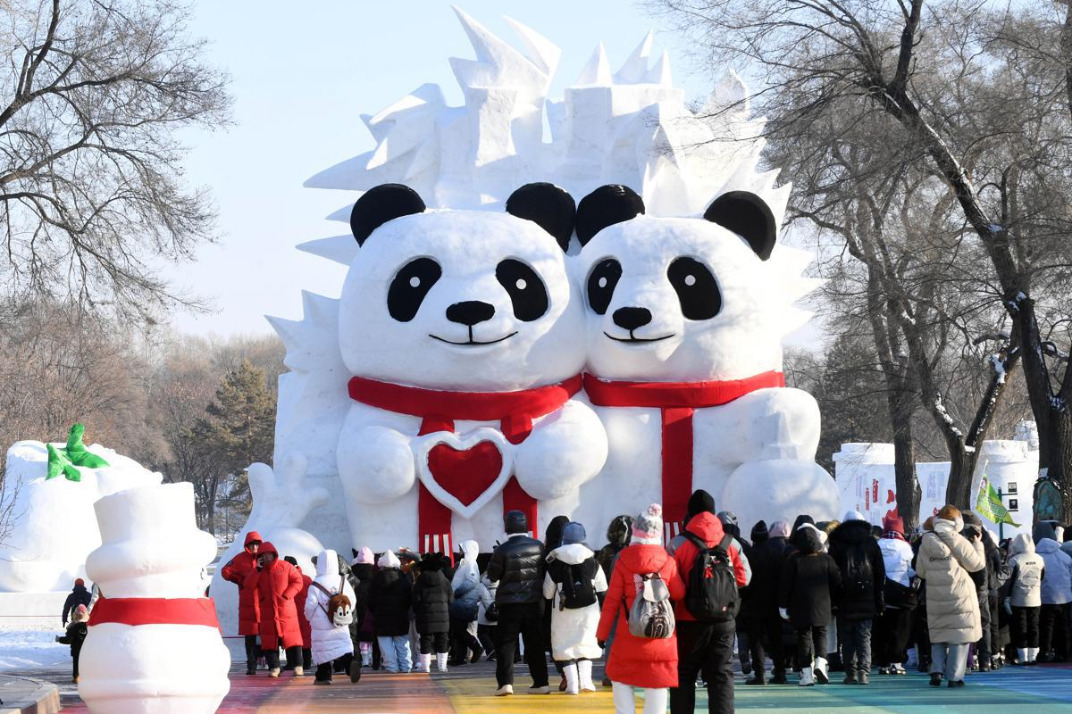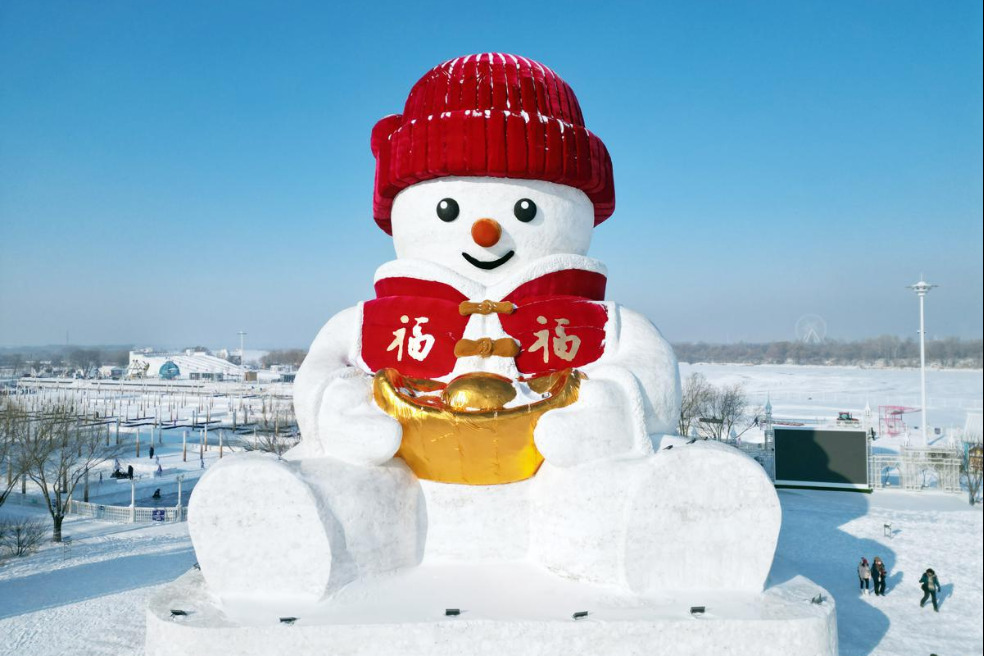How 'dirty business' is helping companies clean up on profits

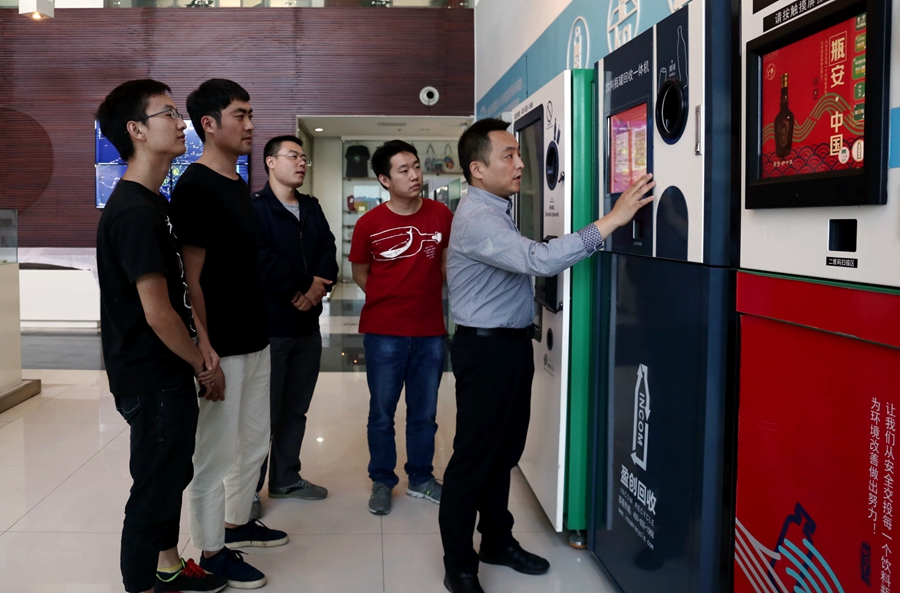
A rising number of outfits across the country are working to transform waste into new materials. Luan Xiang reports for Xinhua Features.
As the FIFA World Cup heads toward the quarterfinal stage, Russia has been the central focus for many Chinese soccer fans. Despite not competing this time around, China has contributed to the global sporting extravaganza via green, environmentally friendly technology.
One of the key factors making this World Cup special is its commitment to being eco-friendly, as indicated in the Sustainability Strategy promoted by FIFA and the Russian Local Organizing Committee which aims to make it a "greener and more sustainable" event.
"Each of the 12 eco-friendly stadiums has a system to manage and recycle waste, which is expected to help reduce the negative environmental impact," said Alexey Sorokin, CEO of the Russia 2018 Local Organizing Committee, in a media release.
In addition to regular recycling bins, brightly colored machines spotted at the event have attracted a lot of attention. The hi-tech novelties collect plastic bottles which are eventually turned into chic T-shirts and tote bags. And they are made in China.
Chinese green technology has been welcomed by communities in Russia and soccer fans from across the world.
"Russian volunteers have been showing spectators at the stadiums how to properly recycle their plastic bottles," said Liu Xuesong, executive vice-president of Incom Recycle, creator and operator of the plastic recycling system.
After finishing a bottled drink, spectators can easily locate a recycling machine, insert the empty container and receive a reward.
Eight bottles can make a cool-looking T-shirt, while 14 are needed to make a stylish tote bag.
In Beijing alone, 5,000 Incom boxes like the ones seen at the World Cup are functioning, interconnected and monitored via the company's network.
The company's statistics show that more than 2 million people are active users of these smart recycling devices, and more than 54 million bottles made from polyethylene terephthalate have been recycled since 2012.
That is equivalent to more than 8,100 metric tons of petroleum saved, 55,350 trees planted or a 4,050-ton reduction in carbon dioxide emissions.
Turning waste into cash
Founded in 2003, Incom Recycle operates in about 21 countries and regions, providing integral solutions for the recycling and reuse of industrial and household waste. The company is representative of China's growing recycling sector.
Another company making waves is BGG Recycle, an innovative business-to-business platform for recyclable resources. BGG, which generated revenue of 100 million yuan ($15 million) in its first year, has proved that the "dirty business" of waste management can be profitable.
Founder Anna Gui, who used to work on Wall Street, started the company to tackle China's packaging waste problem, which has been exacerbated by the rapid surge of e-commerce.
The company's app connects office buildings and companies with collectors, and after being sorted, the waste is sold to factories as raw materials.
"Our vision is to put limited resources into an infinite circle of sustainability through innovation," Gui said.
- Theme poster on military drills 'Justice Hammer, Blockade and Disruption'
- President Xi to deliver New Year's message to ring in 2026
- Various activities held across China to celebrate upcoming new year
- Postal and delivery services now cover all rural areas in Xizang
- Top judiciary fortifies public interest litigation
- AI contest forges new biz tie-ups
















